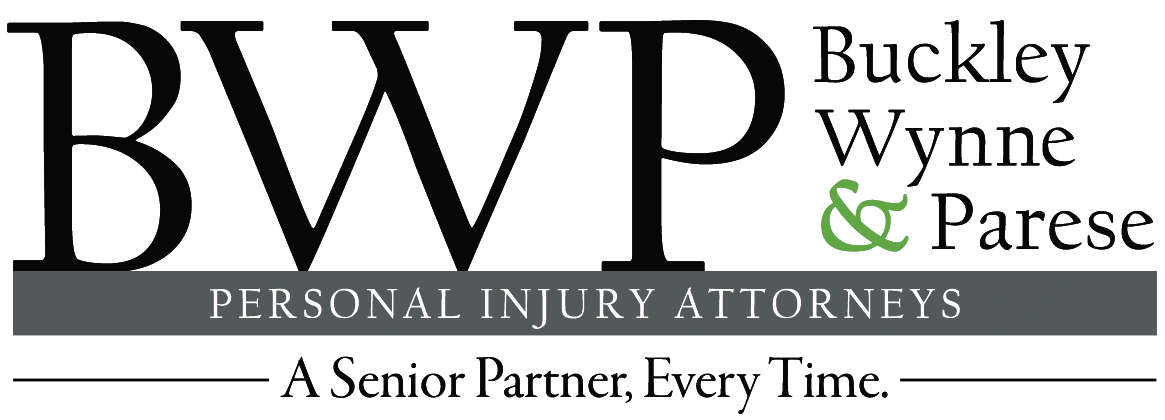Drunk Driving Lawyer, DUI Lawyer in Wethersfield, CT
If you have been injured in a Wethersfield car crash as a result of a drunk driver, you may be entitled to financial compensation, for both damages to your vehicle and the injuries you sustained.
Wethersfield DUI Law Firm: We Sue Drunk Drivers
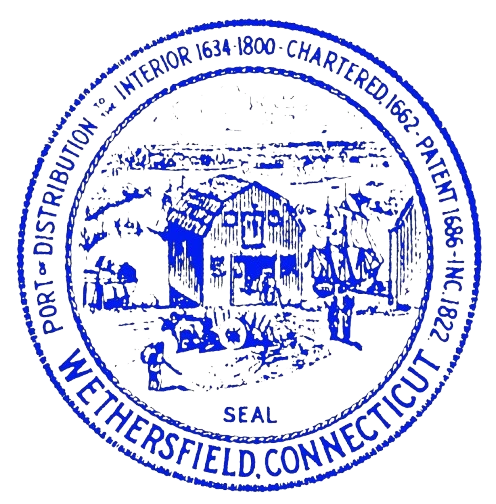
The sad reality is that almost all of us have been impacted by drunk driving in Wethersfield. Approximately one in three traffic deaths in our country involve a drunk driver. Connecticut is in the top five states with the highest percentage of fatal accidents involving drunk drivers.

“The numbers don’t lie. The destructive force of drunk and drugged driving must end.”
MADD’s Intoxicated Driving Statistics:
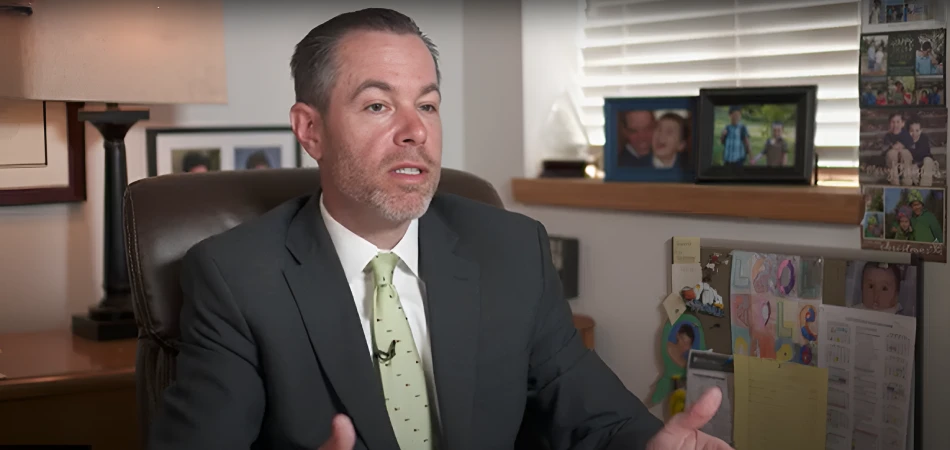
- An average drunk driver has driven drunk over 80 times before the first arrest.
- Each day, people drive drunk more than 300,000 times, but only about 3200 are arrested.
- In 2017, 10,874 people died in drunk driving crashes – one every 48 minutes – and more than 300,000 were injured in drunk driving crashes.
- Every day about 800 people are injured in a drunk driving crash.
- Teen alcohol use kills 4,300 people each year – that’s more than all illegal drugs combined.
- 50 to 75 percent of convicted drunk drivers continue to drive on a suspended license.
- MADD has helped save nearly 30,000 young lives through the passage of the 21 minimum drinking age law.
- Since 1980 MADD has saved 380,000 lives …and counting.
- In the United States, the number of drunk driving deaths has been cut in half since MADD was founded in 1980.
- MADD compassionately provides a supportive service to a victim every 3 minutes.
Source: Mothers Against Drunk Driving
One reason our DUI attorneys support MADD: “Drunk Driving is one of the Leading Killers of Children”
Here at BWP, we all know what it means to be a part of a family and a member of the community. Furthermore, we know that our children are a vital part of that.
In 2017, 1,147 children under the age of 14 were killed in motor vehicle accidents. Of these deaths, 220 of them were a result of alcohol-impaired drivers. More than half of the children were killed by their own drinking driver.
Source: U.S. DOT National Highway Traffic Safety Administration
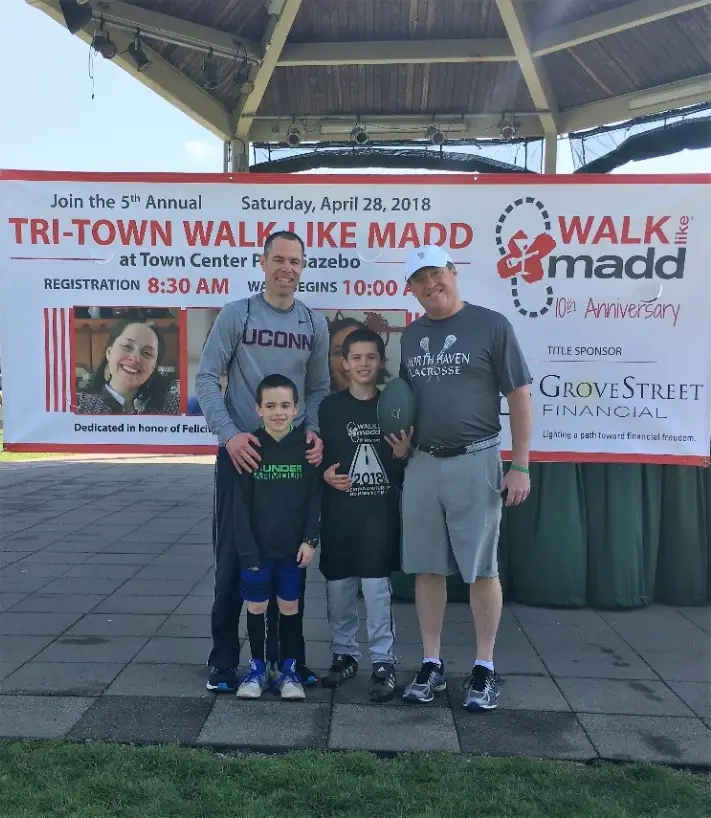
Connecticut DUI Laws:
BAC Limits in CT: If you are over the age of 21 and your BAC reaches 0.08% or higher, you are considered intoxicated and no other evidence is needed. This is the “per se” law. Under the “per se” law, commercial drivers are considered intoxicated if their BAC reaches 0.04%. If you are under the legal drinking age, in accordance with the “zero tolerance law” you are considered intoxicated when your BAC reaches 0.02%.
Implied Consent: In the State of Connecticut, we have a law known as “implied consent.” Essentially, just by operating a motor vehicle, you are consenting to a chemical analysis whether it be your blood, breath or urine. Failure to comply may result in suspended driving privileges.
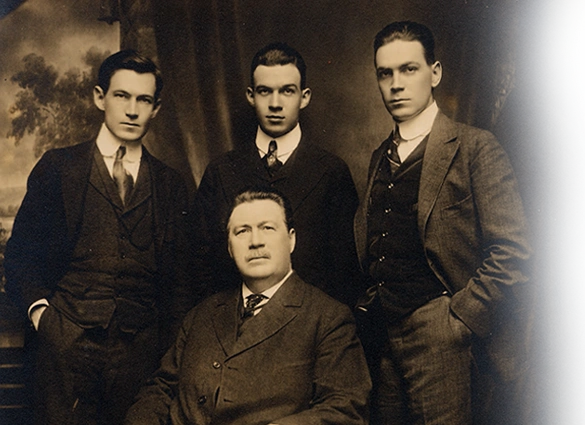
Administrative Penalties:
1st Offense: Automatic suspension (up to 45 days) or revocation of your license. In order to restore your license, you must install an ignition interlock device for one year. You won’t be able to start your car unless your BAC is under a certain level.
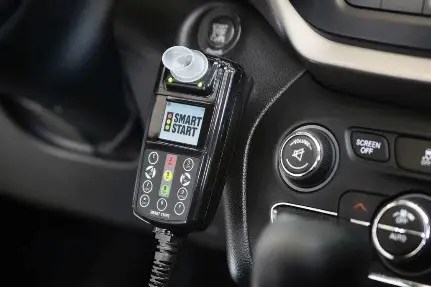
2nd Offense: License will be suspended and one must install the ignition interlock device for three years.
3rd Offense: Under most circumstances, your license can be permanently revoked.
Criminal Penalties:
1st Violation: Up to 6 months in prison, $1,000 in fines
2nd Violation: If your second violation is within 10 years of your first conviction- Up to 2 years in prison, $4,000 in fines. In addition, the court may order community service and/or a treatment program.
3rd Violation: If your third violation is within 10 years of your prior conviction- Up to 3 years in prison, $8,000 in fines. The court may also order community service and/or a treatment program.
Fatality: Second Degree Manslaughter with a motor vehicle
Dram Shop: Getting Served for Serving Alcohol in Wethersfield, CT
Dram shop laws allow an individual to sue bars and restaurants if one of their patrons causes damage or injury to another person after being served while intoxicated. Essentially, the claim is that the individual was served alcohol when he or she was already intoxicated, which caused or helped to cause the accident. Forty-three states and the District of Columbia currently have dram shop laws.
To prevail under Conn. Gen. Stat. § 30-102, the plaintiff must prove that the establishment sold alcohol to the individual; that said individual was intoxicated; and that the intoxicated person caused injury to the person or property of the plaintiff because of his or her intoxication. In 2003, the Connecticut Supreme Court held that the dram shop act allowed for both recovery under the dram shop statute and a claim of negligence where the intoxicated individual is under 21 years of age.
What is an “intoxicated person?”
This issue has been the subject of a lot of litigation because the statute does not define “intoxicated person.” The court held that, “[w]hen it is apparent that a person is under the influence of liquor, when his manner is unusual or abnormal and is reflected in his walk or conversation, when his ordinary judgment or common sense are disturbed or his usual will power temporarily suspended, when these or similar symptoms result from the use of liquor and are manifest, a person may be found to be intoxicated.”
Are there limits to liability?
Yes. In Connecticut, you can only recover up to $250,000 in a single accident.
There are also some procedural requirements which must be followed. You must provide the seller with written notice of your intention to sue within 120 days of the incident or 180 days in the case of death or incapacity of the injured party. Additionally, there is a one-year statute of limitations for filing a claim under the dram shop act. Contact Buckley, Wynne Parese to know your rights by calling 203-776-2278 or visiting www.bwplaw.com.
Is Drunk Driving in Wethersfield Reckless?
Yes! Under Conn. Gen. Stat. § 14-295, in a civil action where the at-fault party has deliberately or with reckless disregard operated a motor vehicle in violation of such statutes as the one prohibiting drunk driving, the plaintiff may be entitled to double or treble damages. Driving under the influence in Wethersfield is considered reckless driving, beyond the standard of mere negligence. Contact Buckley, Wynne Parese to know your rights by calling 203-776-2278 or visiting www.bwplaw.com. Protect your family!
Who is Paying for all this?
One study estimated that the cost to the public is $114.3 billion, including economic and life losses. As for the offender, there are numerous costs associated with a DUI, as well. These costs can add up quickly, totaling more than $20,000 even for a first offense with no property damage or injuries. This includes fines, bail, towing and impound of the driver’s vehicle, higher insurance premiums, an attorney, alcohol education programs, licensing fees, chemical testing fees, probation supervision, installation of the ignition interlock device and maintenance, license reinstatement fees, community service fees, alternate transportation during the license suspension, and more.
Key Takeaways
- Impact of Drunk Driving: Drunk driving is a pervasive issue, resulting in significant fatalities and injuries. Specifically, 1 in 3 traffic deaths are linked to drunk driving. Teen alcohol usage causes more deaths than all illegal drugs combined. In 2017, 220 children below the age of 14 were victims of alcohol-impaired driving. If affected, consult a DUI Lawyer immediately.
- Connecticut’s Strict DUI Laws: As a leading Drunk Driving Attorney in Connecticut, we emphasize the state’s stringent DUI regulations, including Blood Alcohol Content (BAC) limits and both administrative and criminal penalties. These range from license suspensions, obligatory ignition interlock devices, hefty fines, to possible jail time based on the severity and frequency of the offenses.
- Dram Shop Financial Implications: Connecticut’s dram shop rules allow individuals to take legal action against establishments serving alcohol to evidently intoxicated customers causing subsequent harm. The state imposes a maximum liability of $250,000 with specific procedural requisites. Besides being a criminal concern, drunk driving comes with high financial costs, potentially surpassing $20,000 for first-time offenses. The broader societal cost is a staggering $114.3 billion, incorporating both economic and life losses. Reach out to a qualified to know more.
Know your rights! Contact Buckley, Wynne Parese – Wethersfield DUI Lawyers today!

Serving All of Connecticut
Free Evaluation 24/7
We understand the stress of dealing with an injury. Our team is here to provide compassionate support and effective legal representation, statewide.
